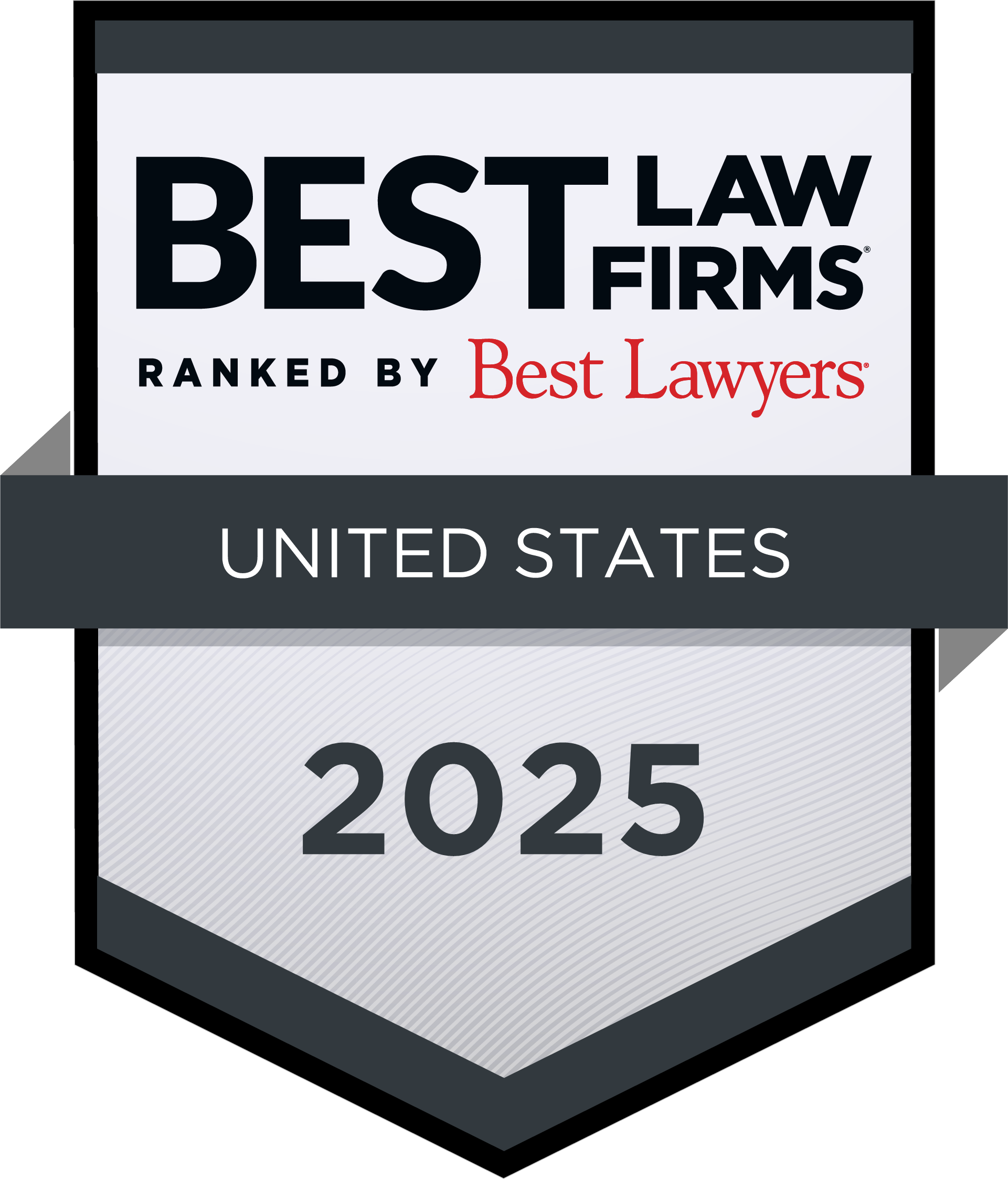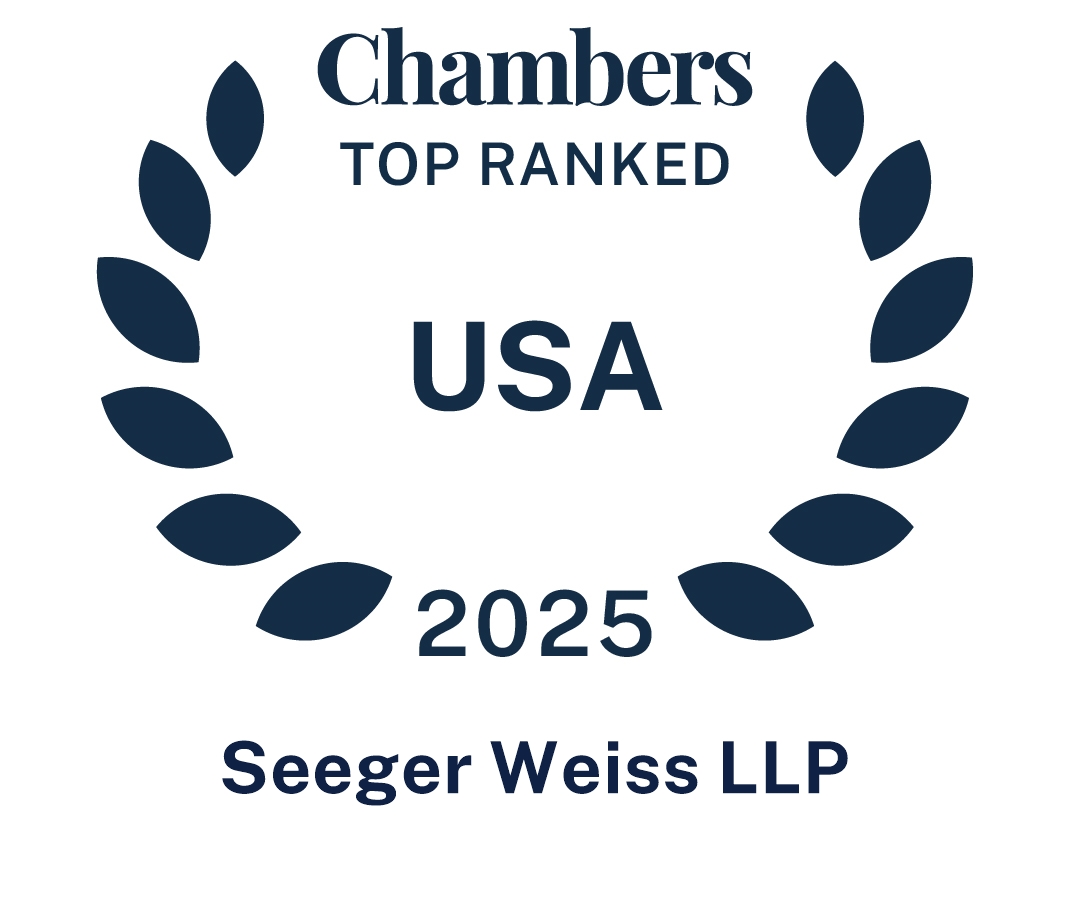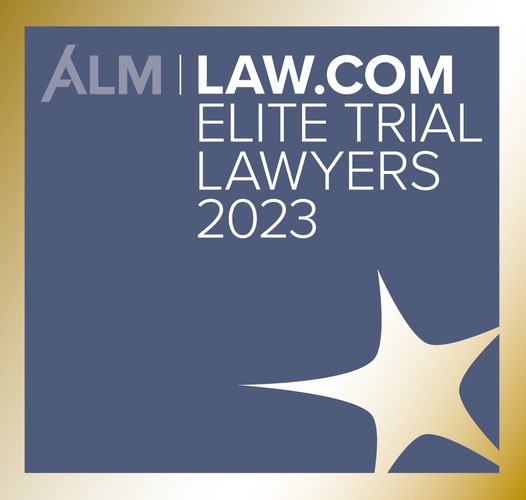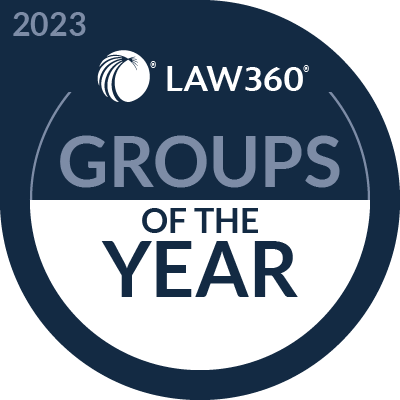Kisunla Brain Injury Lawsuit
Did you or a loved one experience brain bleeding or swelling after taking the Alzheimer's drug Kisunla (donanemab)?
Compensation may be availableEli Lilly’s Alzheimer’s drug Kisunla (donanemab) has been linked to dangerous brain bleeding, swelling, and other serious complications in patients. On March 27, 2025, the European Medicines Agency (EMA) refused marketing authorization for Kisunla, concluding that the drug’s modest benefits do not outweigh the significant risks of potentially fatal brain injuries.
Recent investigations have revealed concerning safety issues with Kisunla, particularly related to a side effect known as amyloid-related imaging abnormalities (ARIA), which involves swelling and potential bleeding in the brain. The evidence suggests that patients were not adequately warned about these serious risks before taking the medication.
If you or a loved one took Kisunla for Alzheimer’s disease and experienced brain bleeding, swelling, or other serious complications, you may be eligible for compensation.
Serious Brain Complications from Kisunla
Kisunla (donanemab) is a monoclonal antibody designed to attach to and reduce amyloid beta plaques in the brain of Alzheimer’s patients. While approved in the US, Japan, China and UK, the medication has been rejected by European regulators specifically due to safety concerns.
Patients taking Kisunla have reported experiencing:
- Brain bleeding (cerebral hemorrhage)
- Brain swelling (cerebral edema)
- Amyloid-related imaging abnormalities (ARIA)
- Severe headaches
- Confusion and disorientation
- Seizures
- Hospitalization
- Permanent neurological damage
- Death
According to data reviewed by European regulators, ARIA occurred in 36.8% of people who received Kisunla compared to 14.9% receiving placebo. Serious ARIA events occurred in 1.6% of Kisunla patients, resulting in multiple deaths during clinical studies.
Do not stop taking a prescribed medication or stop using a prescribed medical device without first consulting with your doctor. Discontinuing a prescribed medication or use of a prescribed medical device without your doctor’s advice can result in injury or death. Notwithstanding claims relating to certain drugs and medical devices, the drug or medical device may remain approved by the U.S. FDA.






